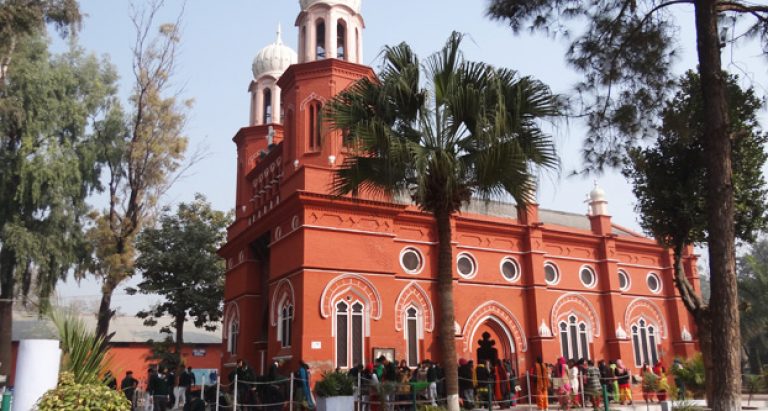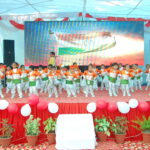About Us
Our History
The present Baring Educational Complex had its beginning in the Baring High School which was founded on 1st April, 1878 by The Reverend Francis Henry Baring, a missionary representing the Church Missionary Society of England, and with the efforts of the Indian Christian Community. Its purpose was to impart education to those who badly needed it but could not afford it, thereby contributing to the upward mobility of the surrounding community. In 1884, Miss Charlotte Maria Tucker with her personal resources established a co-educational school. In honour of Miss Tucker, the School was called “The Plough” and later came to be popularly known as “ALOE” (A Lady of England) School. In 1934, the latter merged with the Baring High School. The Baring High School was then raised to the status of a College in 1944 as Baring Christian College. The Baring School was re-established by Dr. Ram Singh, Principal BUCC, and is permanently affiliated to the Council for the Indian School Certificate Examination, New Delhi since 1973. The School imparts quality education in English to children from the Nursery to Class XII (Upgraded to ISC in 2016) , preparing them as award winning scholars for quality education at College level, and for consideration specially by the Baring Union Christian College in the future. On completing, the ISC (Plus 2) students are accepted on a preferential basis in University programmes of Medicine, Engineering, Sciences, Humanities and commerce.
Baring School was established and administered by the Baring Union Christian College Association, a charitable non-profit educational society, registered under the Societies Registration Act 1860, with its headquarters at Batala, Punjab.



Mission & Vision
Our Mission
To develop globally competent and competitive students ,compatible with the needs of changing society.
Our Vision
- Providing quality student-centred education and equal opportunities to all.
- Providing academic environment to facilitate better teaching –learning process.
- Providing opportunities for development of personal and professional quality of students and staff.
- Providing better climate for healthy organization.
- Fostering innovative and creative education leadership.
- Interacting with stakeholders for better quality education and satisfying them.





